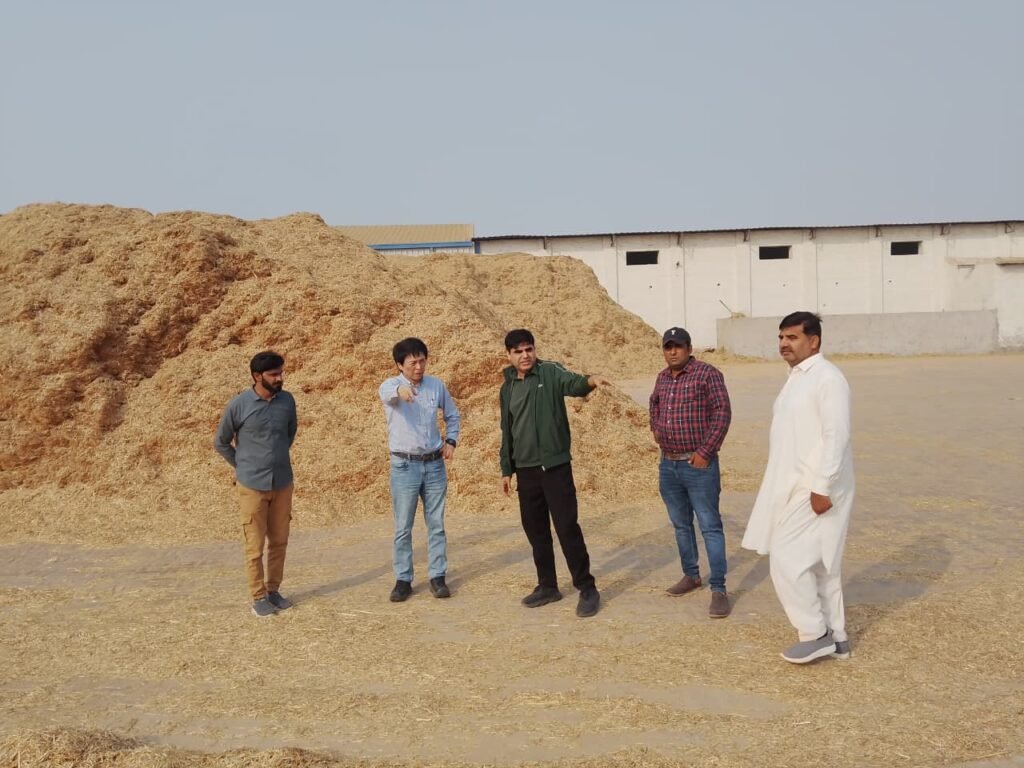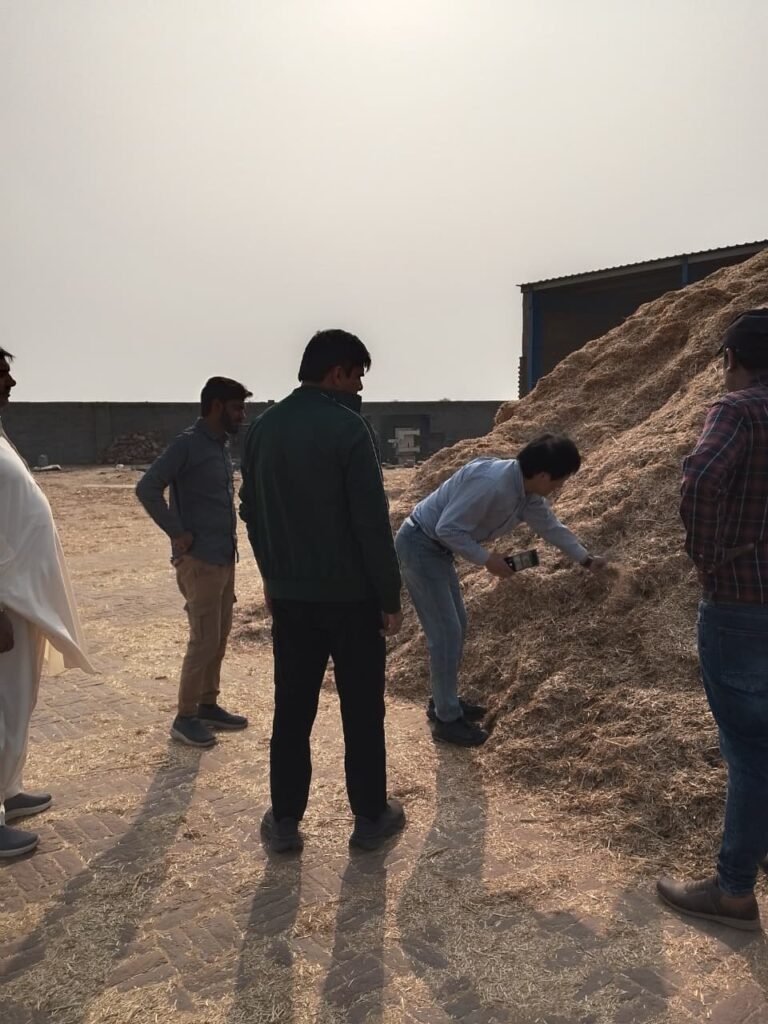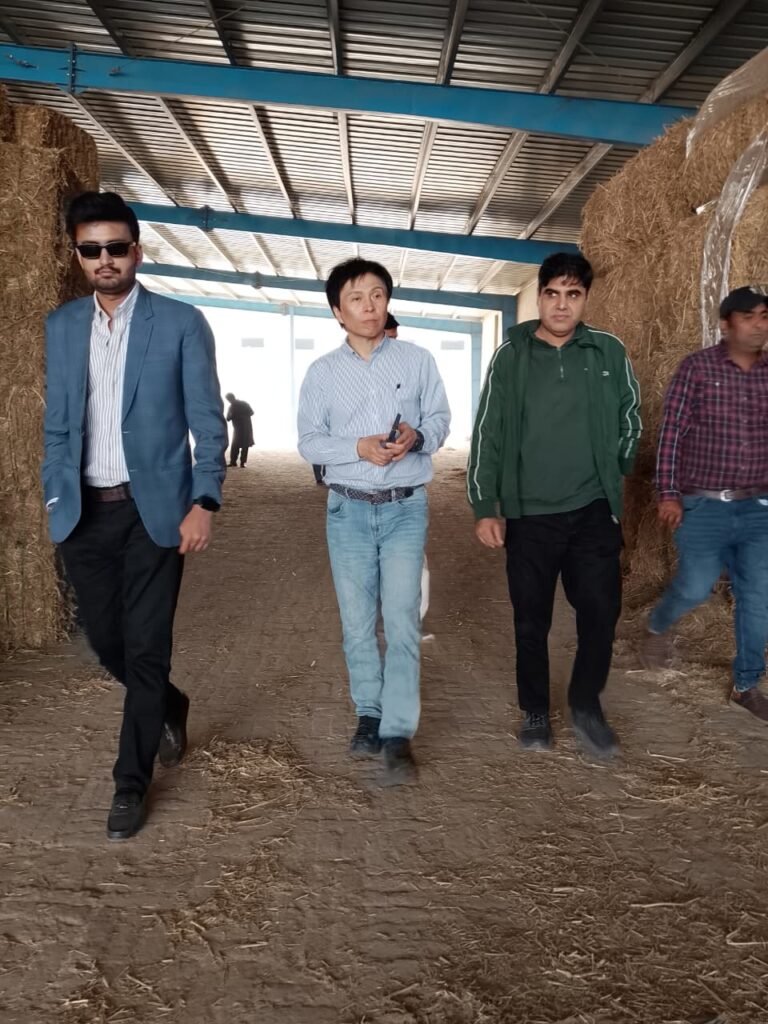
In a significant move reinforcing Pak–Korea agricultural cooperation, a business delegation from South Korea recently paid a visit to Saremco International / Saremco Agri Commodities in Pakistan. The primary purpose of the visit was to assess and procure high‑quality animal feed products supplied by Saremco — a leading name in Pakistan’s agriculture and forage export industry.
Why Saremco International?
Saremco International, established in 2004, has built a reputation for exporting premium animal forage worldwide, offering products such as Rhodes Grass hay, rice straw, corn silage, wheat straw, and assorted animal feed materials.
Thanks to its strong supply chain and commitment to quality (including chemical‑free forage), Saremco has become a go‑to exporter for buyers around the globe seeking consistent, reliable feed supplies.
Nature of the Visit
The Korean delegation, comprised of businessmen and agricultural import stakeholders, met with Saremco’s leadership to evaluate their range of animal feed and forage products. Their visit aligns with broader interest from Korean agribusiness investors in exploring Pakistan’s agricultural potential. According to recent local reports, Pakistan’s provincial leadership has encouraged Korean investors to engage in modern farming and agriculture-related businesses.
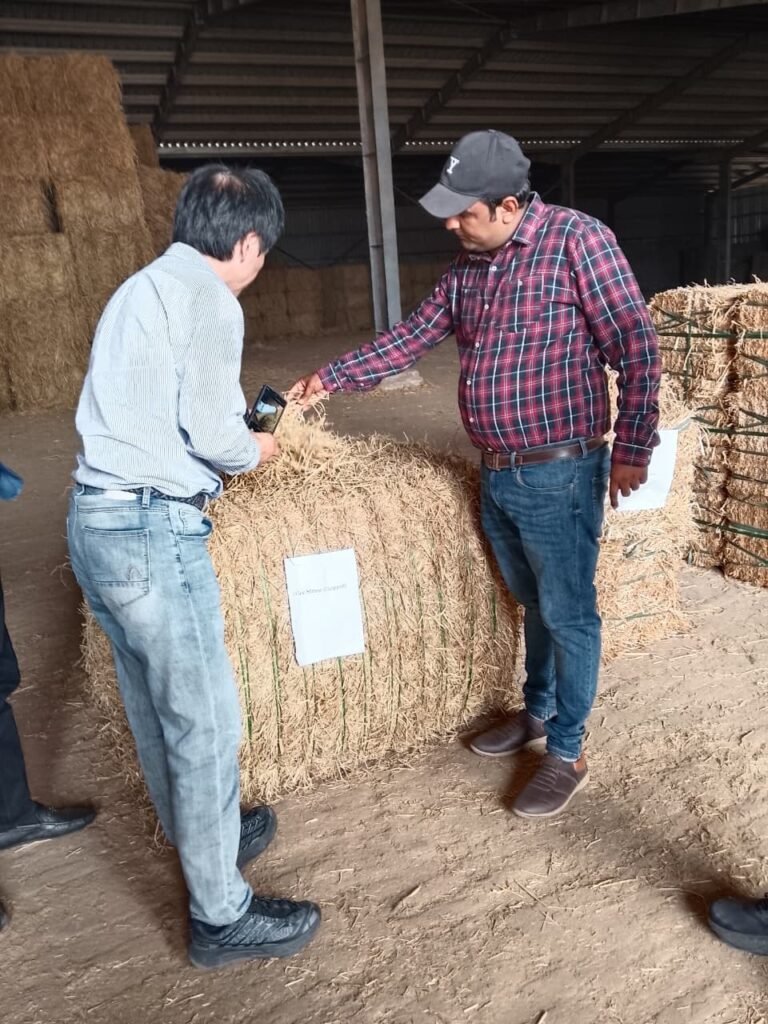
During discussions, the delegation evaluated feed samples, feed‑quality standards, packaging, and export terms. They also reviewed Saremco’s export logistics capabilities — a crucial factor for ongoing trade relations and long-term supply planning.
Potential Impact on Pak–Korea Trade Relations
This visit holds promising implications for bilateral trade between Pakistan and South Korea, especially in the agricultural and livestock sectors. As Korean businesses make efforts to diversify their sourcing of animal feed and forage, Pakistan — with firms like Saremco — presents a cost‑effective, quality‑driven supply alternative.
Moreover, encouragement from Pakistani provincial authorities towards foreign investment in modern livestock and farming infrastructure further strengthens the case for expanded collaboration.
If formal agreements follow, we can expect increased export volumes of feed products from Pakistan to Korea and potentially steady long-term trade partnerships — delivering benefits to both sides.
What It Means for Saremco and Pakistani Exporters
-
For Saremco International, this is a strong signal of trust and confidence from an international buyer. It opens doors for expansion into the Korean market, possibly beyond a one‑time export.
-
For the wider Pakistani agriculture-export community, this could mark the beginning of renewed interest from East Asian markets in forage and feed products — especially if quality standards and supply consistency (like those offered by Saremco) are maintained.
-
For local farmers and producers: higher demand from international buyers could translate into increased production volumes, and potentially improved profitability and market access.
Looking Ahead
With global demand growing for animal feed — driven by rising consumption of meat and dairy products — Pakistan’s agriculture export sector stands at a promising juncture. The visit by the Korean delegation gives a timely boost to exporters like Saremco, who are well placed to meet international demand with their established supply infrastructure and quality‑driven practices.
If all goes well, we could soon see regular exports from Pakistan to Korea, possibly under long‑term supply agreements. That would benefit the entire value chain — from local growers and farms to export houses and international importers.
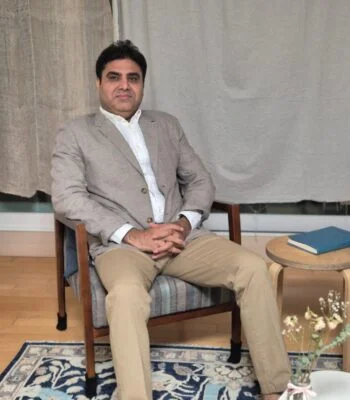
Muhammad Arif CEO, MBA in Finance and Marketing from South Korea University. Result-driven Chief Executive Officer with over 15 years experience leading and increasing growth in businesses. Starting from the scratch, launching and leading increasing in revenue in the three businesses in animal feed and food exports, and renewable energy in Pakistan. Particularly, having plentiful experience on East Asia and Middle East markets, and working with multinational organizations including the UN.



